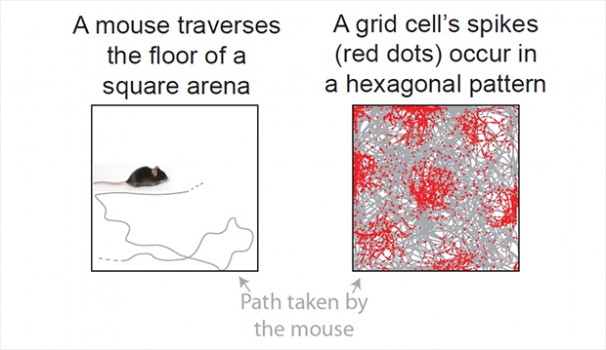
Just as a global positioning system (GPS) helps find your location, the brain has an internal system for helping determine the body’s location as it moves through its surroundings. A new study from researchers at Princeton University provides evidence for how the brain performs this feat. The study, published in the journal Nature, indicates that.. read more →
Using sea snail nerve cells, the scientists reversed memory loss by determining when the cells were primed for learning. The scientists were able to help the cells compensate for memory loss by retraining them through the use of optimized training schedules. Findings of this proof-of-principle study appear in The Journal of Neuroscience. “Although much works.. read more →
Children with dyslexia may read better after playing action video games that stress mayhem, not literacy, a contested study suggests. Playing fast-paced Wii video games for 12 hours over two weeks markedly increased the reading speed of 7- to 13-year-old kids with dyslexia, with no loss of reading accuracy, says a team led by psychologist.. read more →
The results of these projects suggest the future potential for linking multiple brains to form what the research team is calling an “organic computer,” which could allow sharing of motor and sensory information among groups of animals. The study was published Feb. 28, 2013, in the journal Scientific Reports. “Our previous studies with brain-machine interfaces.. read more →
Aug. 15, 2011 — Ultra-thin electronics, which can be placed on the skin as easily as a temporary tattoo, could pave the way for patient monitoring systems that would avoid the need for bulky equipment. In one study, the adhesive patch was applied to a person’s chest to pick up electrical signals produced by the.. read more →
Categories
Links
- sciencemag.org
- semimate.com
- ual.es
